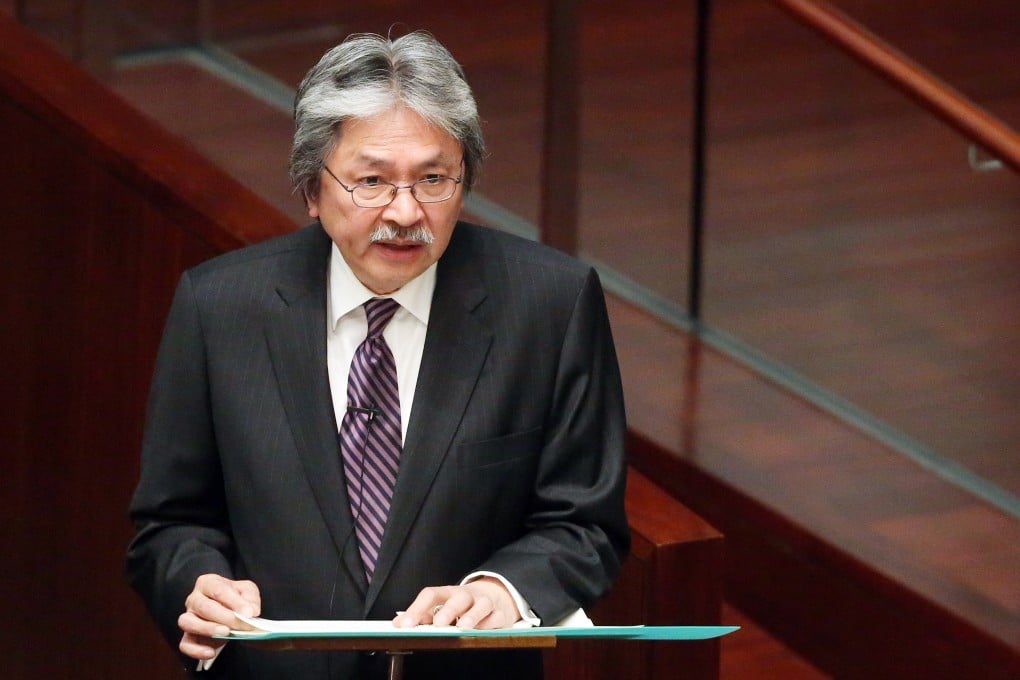
As the first Hong Kong-born American to be recruited into Hong Kong’s civil service, John Tsang exuded an aura of unflashy confidence, pausing in mid speech as he reached for his glass of water during the now-sacred Legislative Council tradition – the unceremonial ejection of opposition politician Long Hair (whose silvering hair is actually now beautifully coiffured).
His budget was competent in parts – often striving to do the best for Hong Kong, yet spoilt by gimmicky giveaways driven by lobby groups coloured by their view of “what’s best for me is best for Hong Kong”.
Much of his expenditure of our money is very respectable. Education takes a whopping 22 per cent of spending; social welfare in the home of capitalism takes 18 per cent; infrastructure 17 per cent; and health care 16. Though the Zhuhai Bridge to nowhere is worth two years of infrastructure spending in itself. Security, in a city with no defence costs, is an eyebrow-raising 10 per cent.
Yet other giveaways are mystifying: the giving of freebies to “industries hurt by Occupy Central” – while struggling to find any in pain. Tax breaks are given to private equity managers – who boast among their practitioners not just some of the richest people in Hong Kong, but in the world! Yet needy government departments remain starved of a little investment because their overpaid bosses are too embarrassed to ask for it.
Speaking to furrowed-browed tax professionals, the key question is, “why does Hong Kong’s financial secretary keep getting his budget estimates so wrong?” In the last eight budgets, this most practiced of financial secretaries has underestimated his budgets every time. If you add up his estimates over his lengthy tenure, against the surpluses that his management has actually achieved, there is now a HK$400 billion difference. On average he receives around US$50 billion a year more than he spends – not bad for a balanced budget.
Now surprise surpluses are always a better surprise than surprise deficits. The extraordinary thing is that it has happened year after year. It is impossible for those of us who read the tea leaves to see what signal is being sent to the market.
Caution, incompetence, the management of expectations, perhaps even no signal? It is not easy predicting how 7 million MTR-riding, phone gazing, hard-working, information hungry Hongkongers are going to react, but most of the major accounting firms reckon that they can get within 10 per cent of the actual outcome.
